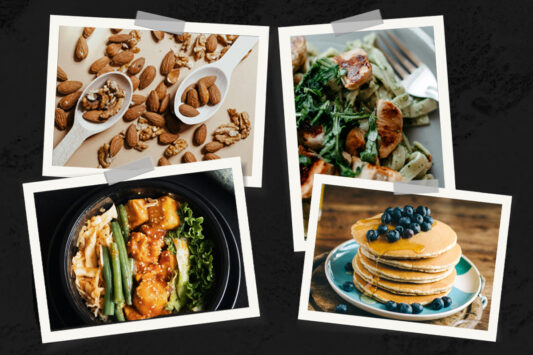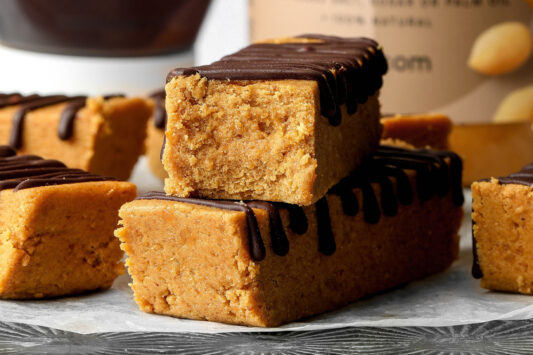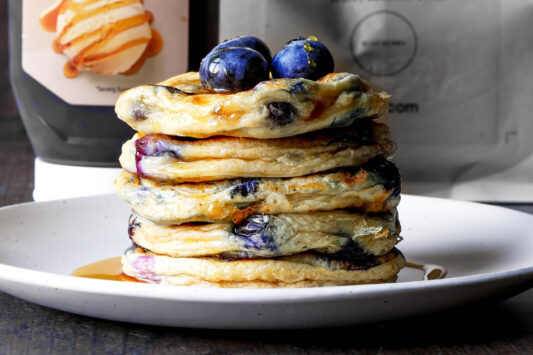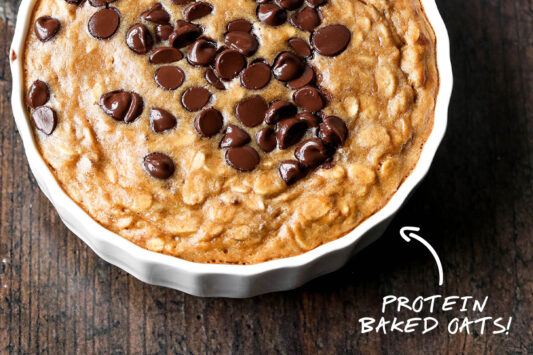What exactly are Cashew Nuts?
I guess one of the most ‘well-known’ facts about cashew nuts, is the fact that they are indeed an imposter in the worlds of nuts and are in truth not a nut, but the seeds of the cashew drupe. The Cashew Drupe is a plant which is a part the poison ivy family and unlike its distant cousin the Brazil nut (also not a nut by the way!), is actually from Brazil.
The cashew nut was then introduced by the Portuguese into Asia and Africa in the 1500’s and countries like Nigeria, Tanzania, Vietnam, India, Ivory Coast, Brazil and Indonesia are in the top ten biggest producers and exporters to Europe.
The cashew nut grows on the vine of a cashew drupe and is found at the end of what is known as the cashew apple. Unlike ‘normal’ apples, the cashew seed is grown at the end of an apple, more like a cashew shaped apple stalk, except the cashew apple looks more like a bell pepper. It is as odd looking as it sounds.
The shape of the fruit is why the cashew got its ‘scientific’ name Anacardium. Ana being the Latin prefix meaning upward and Kardiom (the Latin root of the word cardiac) relates to the heart… I suppose it does look a little like the name suggests!
What is the Nutrition Profile of Cashew Nuts?
A standard serving of around 30g cashews contains 5g of protein, 10% of the recommended daily requirement of vitamin K, 10% of iron, 20% of magnesium, 20% phosphorus, 10% zinc, 30% copper, 25% manganese and 10% selenium. Cashews also contain plenty of ‘good’ mono and polyunsaturated fatty acids, as well as omega-3 fatty acids.
Cashew nuts are renowned for being a source of healthy fats, but what really is the deal with cashews, are they really what they are cracked up to be?
Some people have been bold to claim the cashew nut is the world’s healthiest food! Although I’m not sure a diet containing just cashew nuts would be particularly healthy, as it would be for consuming any single food… not to mention how boring this would become.
So, when we talk about healthy foods, I think it’s important to try to define what that actually means. In short, what we are talking about is nutrient dense foods versus nutrient devoid foods. By nutrient dense we mean that a food is packed full of vitamins, minerals, fibre and other essential nutrients (amino acids, fatty acids) so that you get a lot of essential nutrients for your calorie intake buck.
I’m hard pressed to think of a single food that provides all the essential nutrients needed for our optimum health. But we can certainly find some that pack a hell of a lot of nutrient punch and the cashew ‘nut’ falls into that category for sure.
What are the Health Benefits of Cashew Nuts?
Cashew nuts, and nuts in general, have been linked to a reduction in cardiovascular disease. This is due to the ‘good fats’ contained in nuts helping to lower ‘bad cholesterol’. Bad cholesterol, known as LDL cholesterol, gets ‘stuck’ in the cell walls of our arteries and then hardens to form plaques, which then build up to close off blood supply. This can obviously lead to cardiac problems and serious issues in tissues such as the brain when blood and oxygen supply is cut off or severely disrupted.
We know that replacing saturated fats in the diet with unsaturated fats, especially in those who are overweight and at increased risk of heart disease, certain cancers and diabetes, can lower the risk of complications of these metabolic diseases especially alongside overall reductions in body weight and increased activity.
The minerals in cashew nuts are also important for normal blood formation, energy metabolism, nerve function and hormone production and many other important roles in the body.
How Should you Eat Cashews?
Cashews have a slightly sweet, buttery taste so this makes them the perfect snack to be eaten ‘raw’. Other people might like to roast and lightly salt their cashews, or for the more ‘exotic’ cashew fan lightly dusting with chilli powder can make for an unusual but delicious treat.
The taste and texture of cashews also makes them a perfect candidate to be turned into cashew nut butter. All-natural cashew nut butter contains simply cashews that have been very well ‘ground’ in a food processor for around 10-15 minutes to get a completely smooth texture… if you like your nut butters with a bit of crunch then you can just stop at the texture you desire.
You can then add anything else you like to get the desired taste, a little salt, honey or vanilla extract work really well… or add protein to make your own super high protein nut butters!
Alternatively, if this is too much of an effort, then we also have all-natural cashew nut butter ready to go. This can be used as a dip, added to oats, smoothies and as part of baking nutty treats.
Related articles
Eager to learn more? We believe that every person, with support, has the right to transform their lives through fitness. That’s why we’ve put together hundreds of articles with expert advice, all to help you on your fitness journey. From cashews to almonds, see our other articles around nuts.
Chia seeds benefits Do chia seeds have protein?
Benefits of Almond Butter Which is the best nut butter for you?
Almond butter vs Peanut butter Tasty and healthy porridge toppings
Why is peanut butter good for you? Oats in a protein shake?
Oats for bodybuilding What makes a healthy breakfast?
















